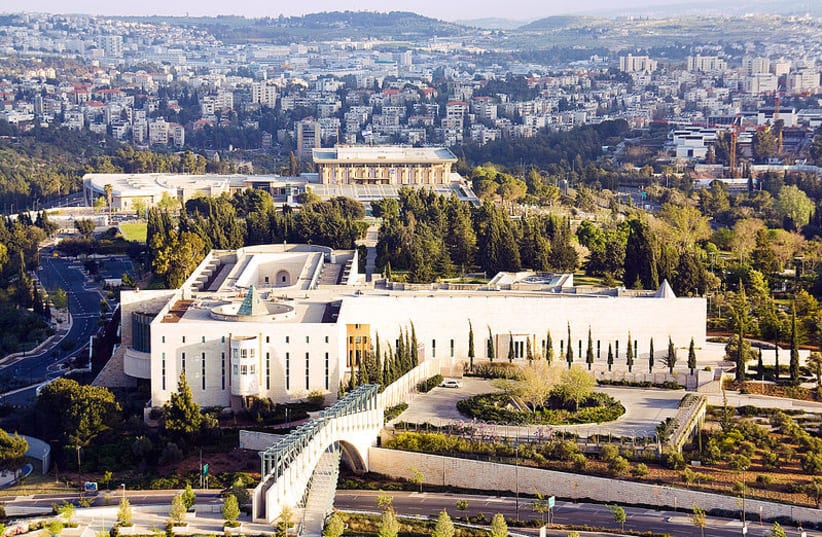Knesset to vote on bill limiting Palestinian access to High Court
The legislation transfers land cases from the High Court of Justice to Administrative Courts, by expanding its ability to hear legal cases outside of the judicial purview of sovereign Israel.
